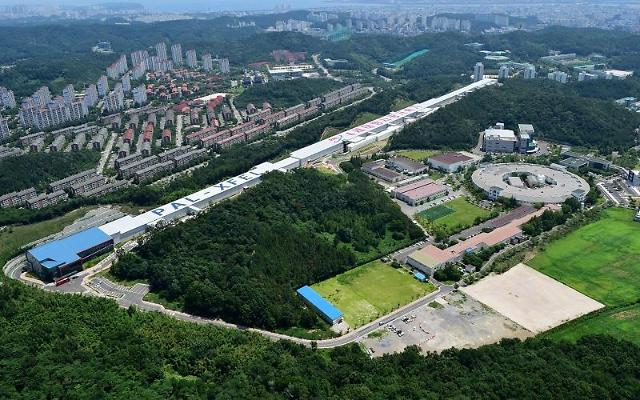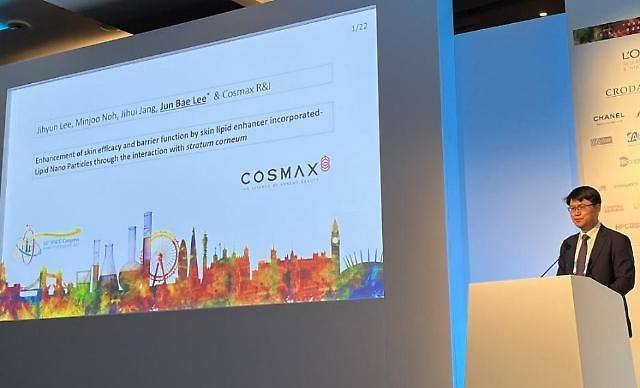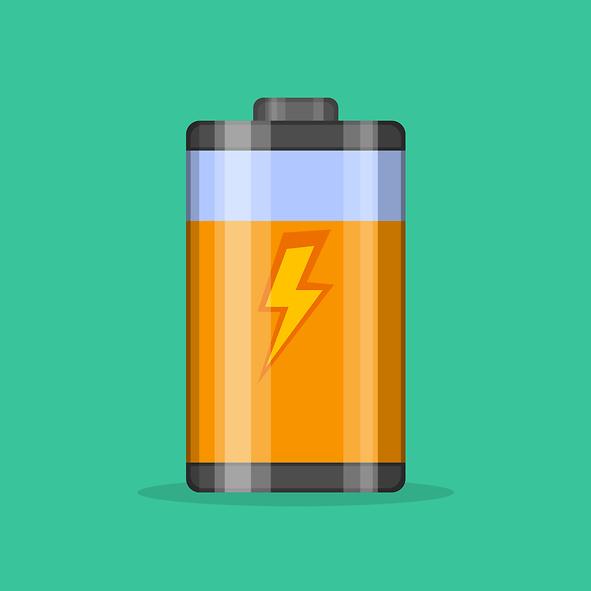
[Courtesy of POSTECH]
SEOUL -- Nothing's been decided, but South Korean provincial governments have jumped into a keen race to grab a potential state order for the construction of a four-generation synchrotron radiation accelerator, which is seen as an ideal tool for many types of research.
Synchrotron radiation is the electromagnetic radiation emitted when charged particles are accelerated radially. When high-energy particles are in acceleration, including electrons forced to travel in a curved path by a magnetic field, synchrotron radiation is produced. The 4th-generation synchrotron radiation accelerator is capable of emitting X-ray lasers that are 100 million times brighter than before.
South Korean runs two four-generation synchrotron radiation facilities in the lab of the Pohang University of Science and Technology (POSTECH), which succeeded in emitting high-intensity laser in 2017. In response to calls from the scientific community, the government has promised to install more without disclosing a clear timetable.
Ahead of general elections on April 15 to form a new national assembly, provincial governments have put forward campaign pledges one by one. They think synchrotron radiation facilities would have a high economic effect on their regional economy as construction alone is estimated at almost one trillion won ($845 million).
"In order to expand the industrial base in our underdeveloped region and secure new growth engines through balanced national development, it is imperative to attract a synchrotron radiation accelerator," South Jeolla Province Governor Kim Yung-rok has said.
North Chungcheong Province was more aggressive than other regions and signed a business agreement last week to join forces with research bodies, colleges and corporations based in the province.
However, the Ministry of Science and ICT said in a statement on February 14. cast a damper on excessive competition. "The road map and operation strategy will be finalized in March after collecting opinions from all walks of life," the ministry said in a statement on February 14.
The accelerator is expected to help domestic researchers develop medicine to treat specific diseases without damaging healthy tissue. Scientists can analyze the structure of atomic-scale objects like disease proteins far more easily.




